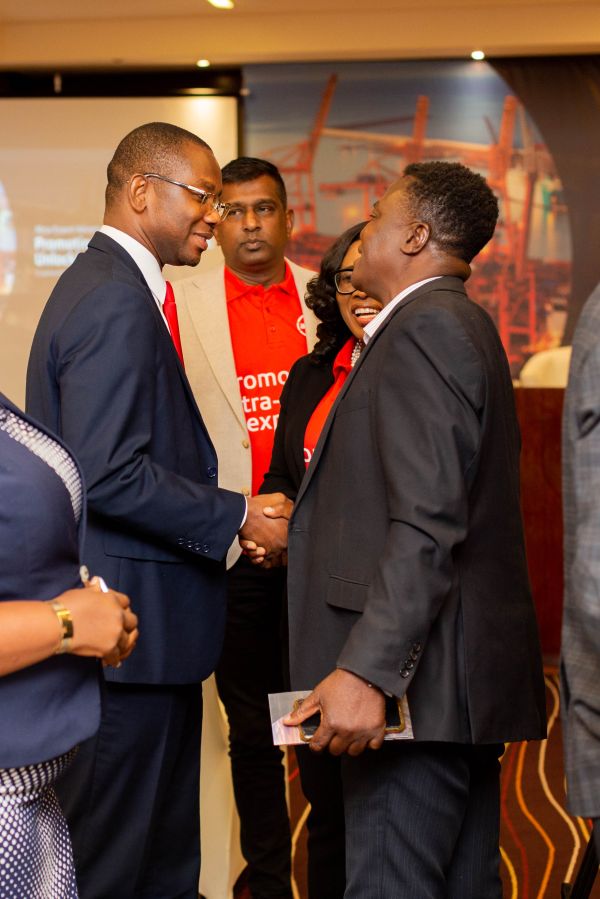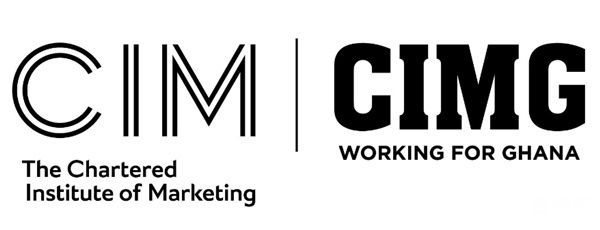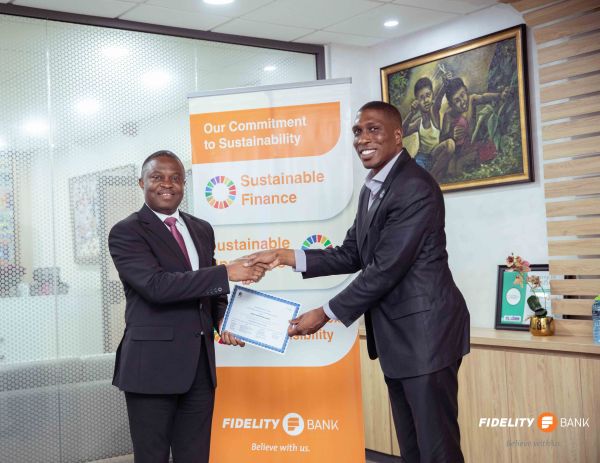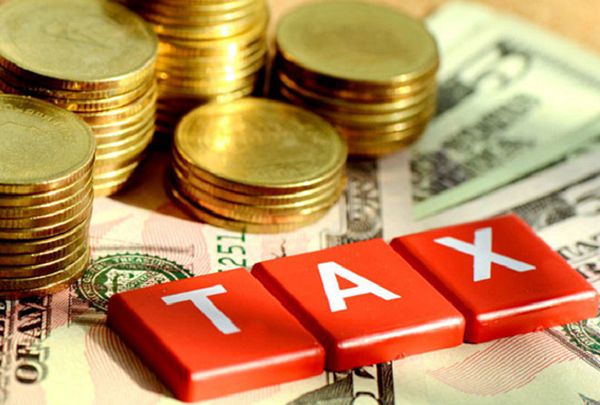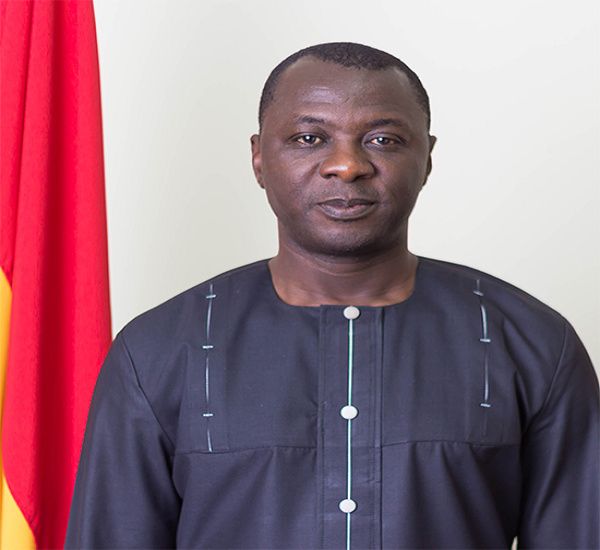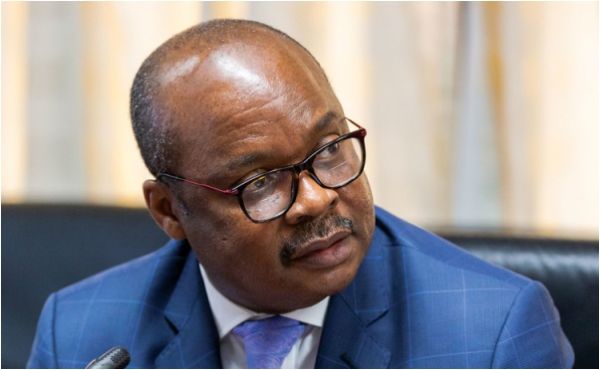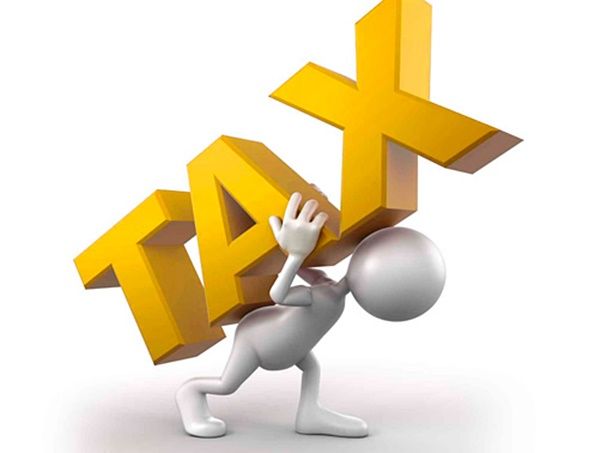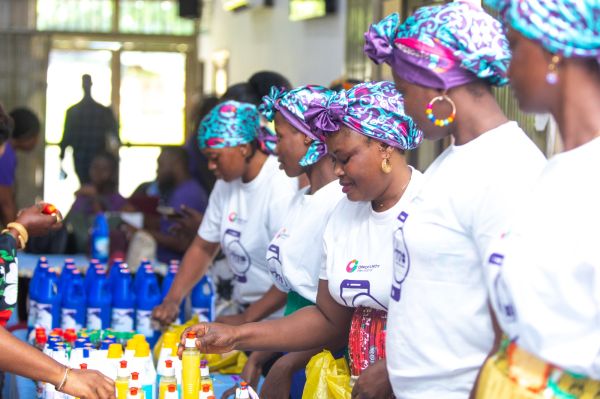
Ghana has recorded an upsurge of $869.47 million in investment inflows for the first half of the year, in spite of the ravaging effects of the coronavirus disease (COVID-19).
The foreign direct investment (FDI) component amounted to $627.52 million, 409.10 per cent over the same period last year, when $123.26 million came in through FDIs.
In all, 69 projects were registered during the period with the FDI component constituting $627.52 million, while $241.95 million came from local matching funds.
However, with the addition of FDI into the oil and gas fields, the country recorded $786 million FDI inflows.
Out of the 69 projects recorded, the services sector registered a majority of 25 projects followed by the manufacturing and export trade sectors with 21 and 11 projects respectively.
The Chief Executive Officer of the Ghana Investment Promotion Centre (GIPC), Mr Yofi Grant, announced this at a press conference in Accra yesterday.
“GIPC remains cautiously optimistic about the flow of FDI to Ghana, as we move forward,” he said.
Highest inflows
General trading recorded the highest amount of FDI investments of $246.05 million in value and was tailed closely by the mining exploration sector with $231.02 million.
This was after the government had sealed some major investment agreements with some mining companies, including Chirano Gold Mine for the exploration of minerals in the country.
The manufacturing sector also saw significant investments valued at $170.67 million on the back of some notable deals by Matrix Industries for the manufacture of paper and aluminium products, as well as the Rainbow Paints Limited project, a joint venture between Ghana and Kenya for the manufacturing of paints and related products.
COVID-19 restrictions
Mr Grant attributed the seemingly positive performance of FDI inflows into the country to the gradual easing of the COVID-19 restrictions, as well as the government’s initiatives and incentives rolled out to buffer businesses and the economy at the height of the pandemic.
He said the country’s rising investment inflows appeared to have defied the global narrative of a sluggish investment due to COVID-19.
The CEO quoted the United Nations Conference on Trade and Development (UNCTAD) that predicted that FDI would see a decline of five to 10 per cent in 2021, with a slow recovery to be initiated in 2022, driven by restructuring of global value chains and a general rebound of the global economy.
UNCTAD has estimated that the COVID-19 pandemic would plunge the global FDIs by about 40 per cent, driving the total value of FDI below $1 trillion for the first time since 2005.
However, in spite of a sluggish start in the first quarter of 2020 and a worrying slump in the beginning of the second quarter due to severe lockdown measures to contain the spread of COVID-19, FDIs to Ghana have begun to rebound, resulting in a notable increase in FDI inflow for the first half of the year.
Project spread
The investment projects cut across six regions of the country.
They are the Greater Accra, Central, Eastern, Ashanti and Volta regions, with most projects registered in the Greater Accra Region.
All 69 projects are expected to make significant contributions to job creation in the country.
Mr Grant said an estimated 14,614 jobs would be created when the projects became fully operational.
Out of this, 14,052 of the jobs, representing 96.15 per cent will be for Ghanaians, while the remaining 562 jobs, representing 3.85 per cent, will be taken up by foreigners.
Mr Grant said the GIPC would continue to assiduously pursue worthwhile investments for economic development as well as support government initiatives such as the COVID-19 Alleviation and Revitalisation of Enterprises Support Programme to help bolster the Ghanaian economy towards recovery and remain resilient during and after the pandemic.

